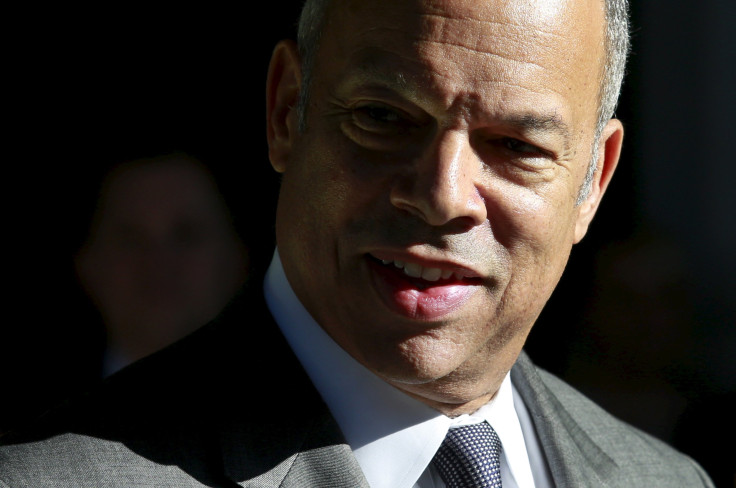Muslims In America: Secretary Of Homeland Security Calls For Acceptance And Vigilance

U.S. Homeland Security Secretary Jeh Johnson called on American Muslims on Monday to stay vigilant and aware of individuals in their communities who may be radicalized by jihadist forces, and said the U.S. government is prepared to work with Muslims to protect against radicalization. Johnson also asked the broader American community not to categorize all Muslims as terrorists, and said the majority of Muslims in the world are peaceful, not dangerous.
“I hope you know that as long as I am secretary of homeland security I will continue to speak out against the discrimination, vilification and isolation that American Muslims face,” Johnson said in his speech at the Adams Center in Northern Virginia, a Muslim community center that provides religious, social and educational services.
That message of acceptance and empathy toward Muslim Americans mirrored a rare Oval Office speech that President Barack Obama delivered Sunday, during which he vowed to “destroy” the Islamic State group while telling Americans that the terrorist attacks making headlines in the last month are not representative of Islam as a whole. Obama’s and Johnson’s remarks also marked a sharp contrast with those of Republican presidential candidate Donald Trump, who said in a statement Monday that all Muslims should be barred from entering the United States until American lawmakers can “figure out what’s going on.”
Earlier Monday, Johnson also announced that his department would change the national alert system soon in order to better address modern terrorist threat situations. The United States implemented a controversial color-coded threat alert system after the 9/11 attacks. It was phased out in 2011 and replaced by the current two-tier system that has such a high bar for risk alerts that a terror risk hasn’t been issued yet. The new alert system will include an “intermediate” risk option. The changes were described as a tweak to the current system, not an entirely new alert method.
© Copyright IBTimes 2024. All rights reserved.












